This post may contain affiliate links. Please see our disclosure.

Tips on Handling Your Anxiety During the Coronavirus Outbreak
Before I begin, I want to disclaim that I am not a medical health professional. While my undergraduate degree is in Psychology, I have never practiced psychology. I do however have generalized anxiety disorder, depression, ADHD, and PTSD. I have suffered from anxiety since I was a teenager. While I would never give medical advice, I do feel I am in a position to give tips on handling anxiety – or at least what has worked for me in hopes that it may help someone else.
Generalized anxiety disorder involves persistent and excessive worry that interferes with daily activities. Ongoing worry and the resulting tension is often, but not always, accompanied by physical symptoms including restlessness, fatigue, difficulty concentrating, muscle tension, and sleeping problems.
If you suffer from generalized anxiety like I do or another anxiety disorder, you’re probably either:
- Handling this whole situation a lot better than most because you’re already in a constant state of worry or…
- Your anxiety is at an all-time high.
I feel as though I keep bouncing between the two.
However, you don’t have to have an anxiety disorder to feel anxiety. Anxiety itself is still a valid feeling and emotion.
And, a large part of anxiety comes from a sense of being out of control of how we think things should be. Therefore, with everything happening with the Coronavirus, or specifically COVID-19, it is understandable that many are feeling large amounts of anxiety either about:
- your health or the health of your loved ones.
- financial insecurity.
- social media overload.
- feeling helpless.
All of these things alone are cause for anxiety, but add them all together and it’s a recipe for concern.
In times like these, mental health can and will suffer – at least for many of us.
And, anxiety presents itself in many different ways and is definitely an individualized expression. Some may find themselves more irritable than usual and find yourself snapping at loved ones. Some may find themselves feeling sad and helpless which leads to feelings of depression. Some may lose all motivation and focus. Some may obsess over current events.
To reiterate, while I am not a medical professional, I have been diagnosed with anxiety, depression, PTSD, and ADHD. I have suffered from anxiety and depression since my teenage years and I assure you I spent a long time denying these things for a long time. Therefore, I’ve tried just about everything to avoid, ignore, and “fix” these feelings.
Because of this, I do feel like I have the ability to offer some tips that work for me personally in hopes that they may help others who also deal with these things or those that are finding themselves in an entirely new state of feelings.
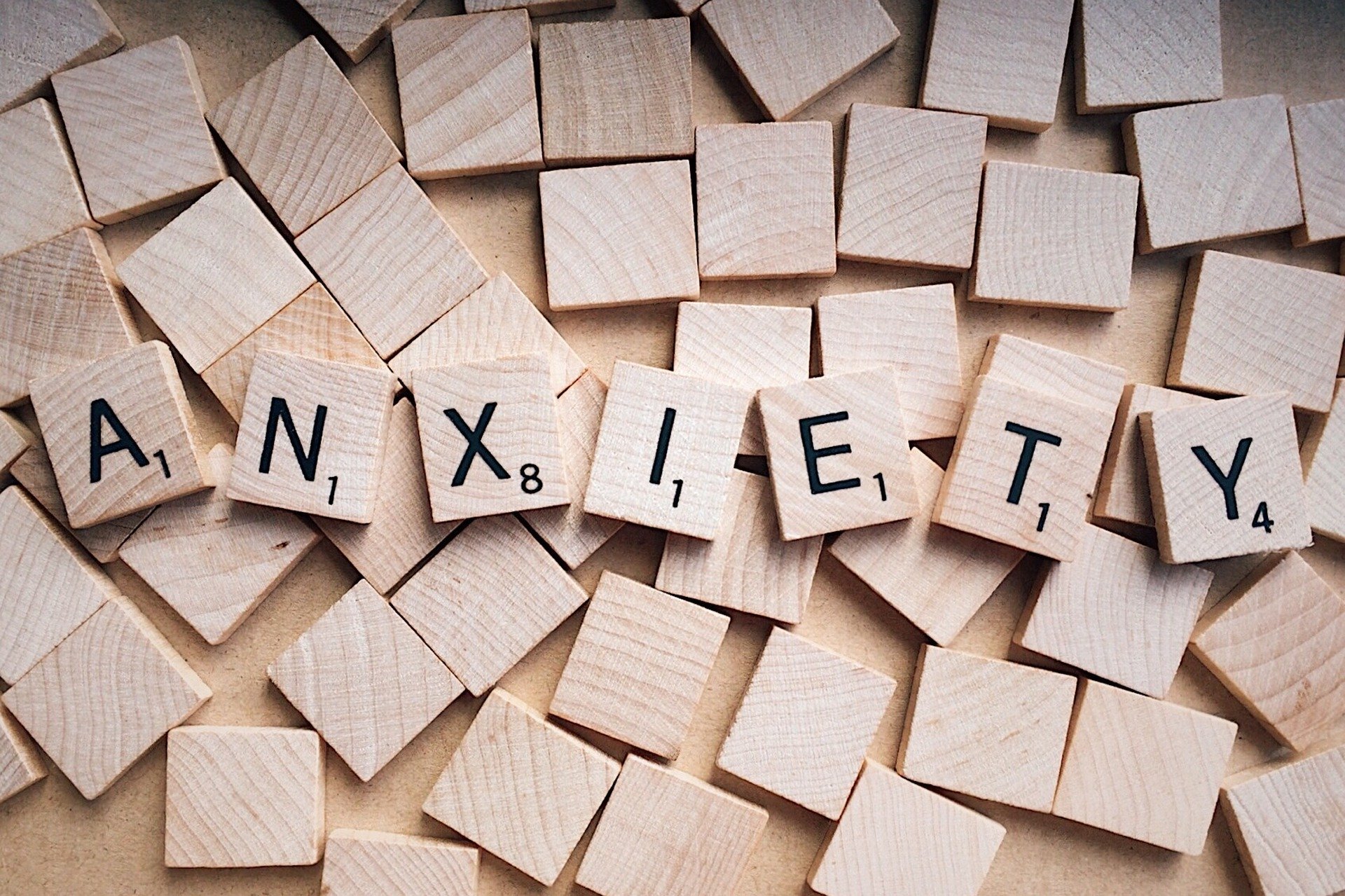
Focus on What You Can Do
A lot of things are out of our control right now.
- Whether or not you’re working.
- Whether or not you’re on lockdown, quarantine, and so on.
- Whether or not you’re struggling financially or will be soon due to things out of your control.
While it is most definitely difficult, focus on what you can do and what you can control. Some examples of this include:
- Take care of yourself physically by utilizing good hygiene practices, self-isolating as much as possible, get good sleep, eat well (this also includes being kind to yourself and eating that ice cream if that’s what’s needed right now), continuing to take your medication for your mental health, still seeing your counselor and/or psychiatrist if they’re keeping appointments, and so on.
- Take care of your loved ones by distancing yourself from seniors and high-risk individuals but still offering to deliver them groceries, medicine, and other necessary items.
- Limit your consumption of social media and news. I DO think it is important to keep up on the current news which is changing rapidly, but perhaps limit yourself to a set number of times each day or to only at certain times. And, please use non-biased news sources. It is dangerous to bring politics into this.
- Medically, rely only on trusted forms of information from the Centers for Disease Control (CDC) and the World Health Organization (WHO).
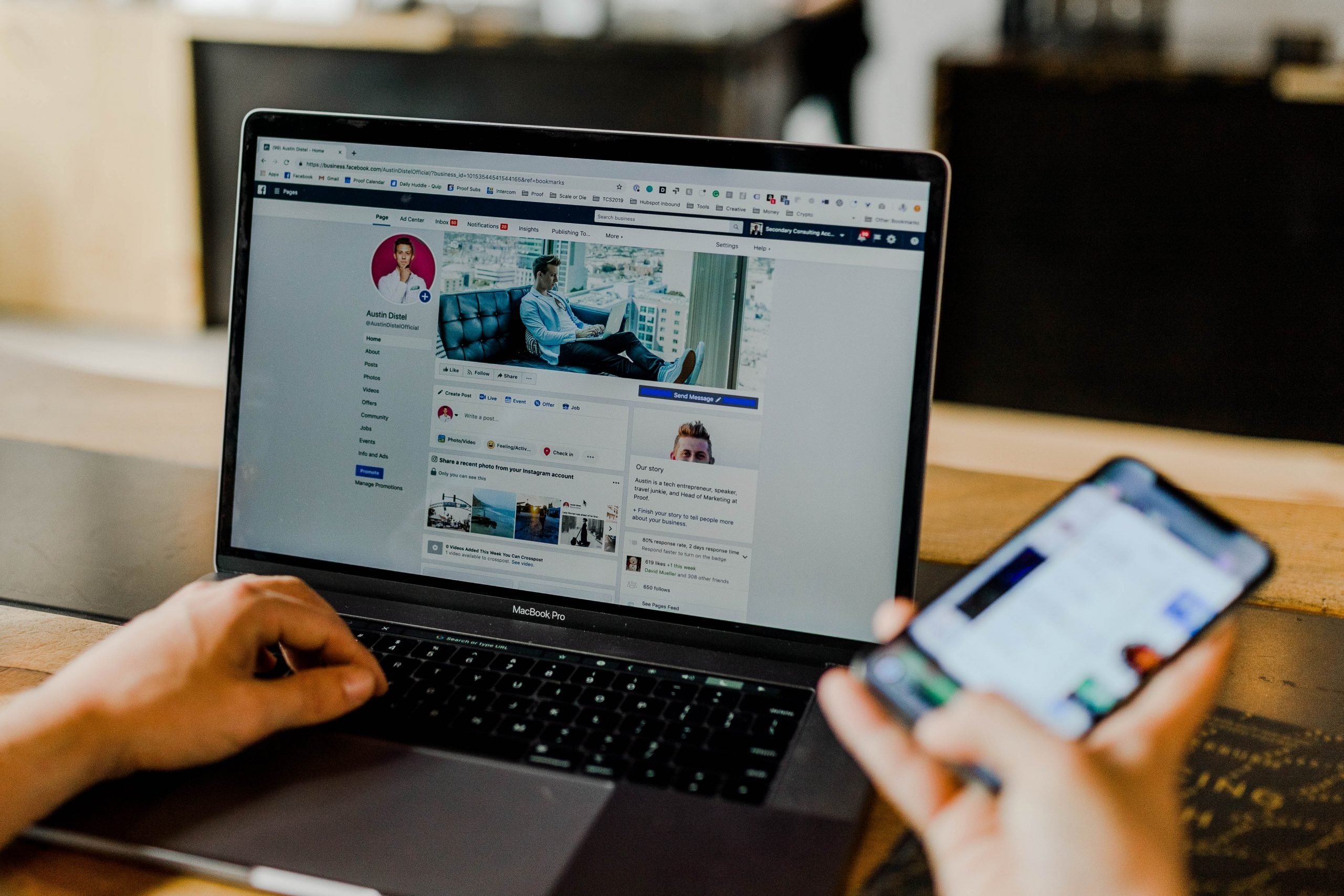
Get Outside
Self-isolating does not necessarily mean staying inside your home 100%. Getting outside is important for your physical and mental health.
- Take a walk. If you have a dog, they still need to walk. It’s amazing what a 15-minute walk does for my sanity when I feel myself spiraling.
- Take a hike (but I would not utilize public restrooms, water fountains, etc at public places). Drive there, hike, drive back.
- Even sitting on your deck or porch makes a difference.
I urge you not to use gyms at this time (unless it’s your own home gym). This is just not a good idea at all.
Focus on the Present
Anxiety generally leads to thinking of “what if” situations. I know that I personally am always thinking about worse case scenarios in my head. While I think it’s important to feel prepared for situations, I also think this is a situation where things are so fluid and unprecedented that it’s never going to be possible to feel prepared.
Therefore, try (and I know it’s difficult) to stay focused on the present. When your mind starts straying to worrying about things that haven’t even happened yet (and therefore might never happen), bring your thoughts back to the present and focus on what you can do.
Trust me when I say this takes a hell of a lot of practice and is probably never mastered. It is absolutely a mindful activity.
Something that helps is to literally focus on your five senses.
- What do you see, feel, hear, smell, and taste?
This may sound silly but it can put a stop on a spiral.
At the Same Time, Plan Ahead
I’m always seeing both sides of the coin which only feeds my anxiety. So while focusing on the present is probably more important, planning ahead and can also give you a sense of control.
Here’s the key though – don’t focus on “what if” scenarios to the point you’re obsessing. Simply have clear plans for probable situations such as:
- How can you work from home?
- What about childcare for when schools close?
- Know which sources to turn to when you have questions (hint: I’ve linked them in this article).
At the end of the day, you know what needs to be done but don’t focus on it.
Reach Out for Help
Just because we’re physically isolating, doesn’t mean you have to mentally isolate. Talk with friends and family over the phone, messenger, and skype.
Isolation and social distancing can increase someone’s susceptibility towards depression and suicidal thoughts. I’m all too aware of this and it’s been weighing on my mind (see, anxiety). While for the sake of public health, I do think this is necessary, that does not mean you should ever feel alone mentally.
If you’re feeling extremely anxious or depressed, reach out to a trusted friend.
And, always, always reach out to a mental health professional when needed.
If you’re feeling alone and struggling, you can also reach out to The Crisis Text Line by texting TALK to 741741 or National Suicide Prevention Lifeline at 1-800-273-TALK.
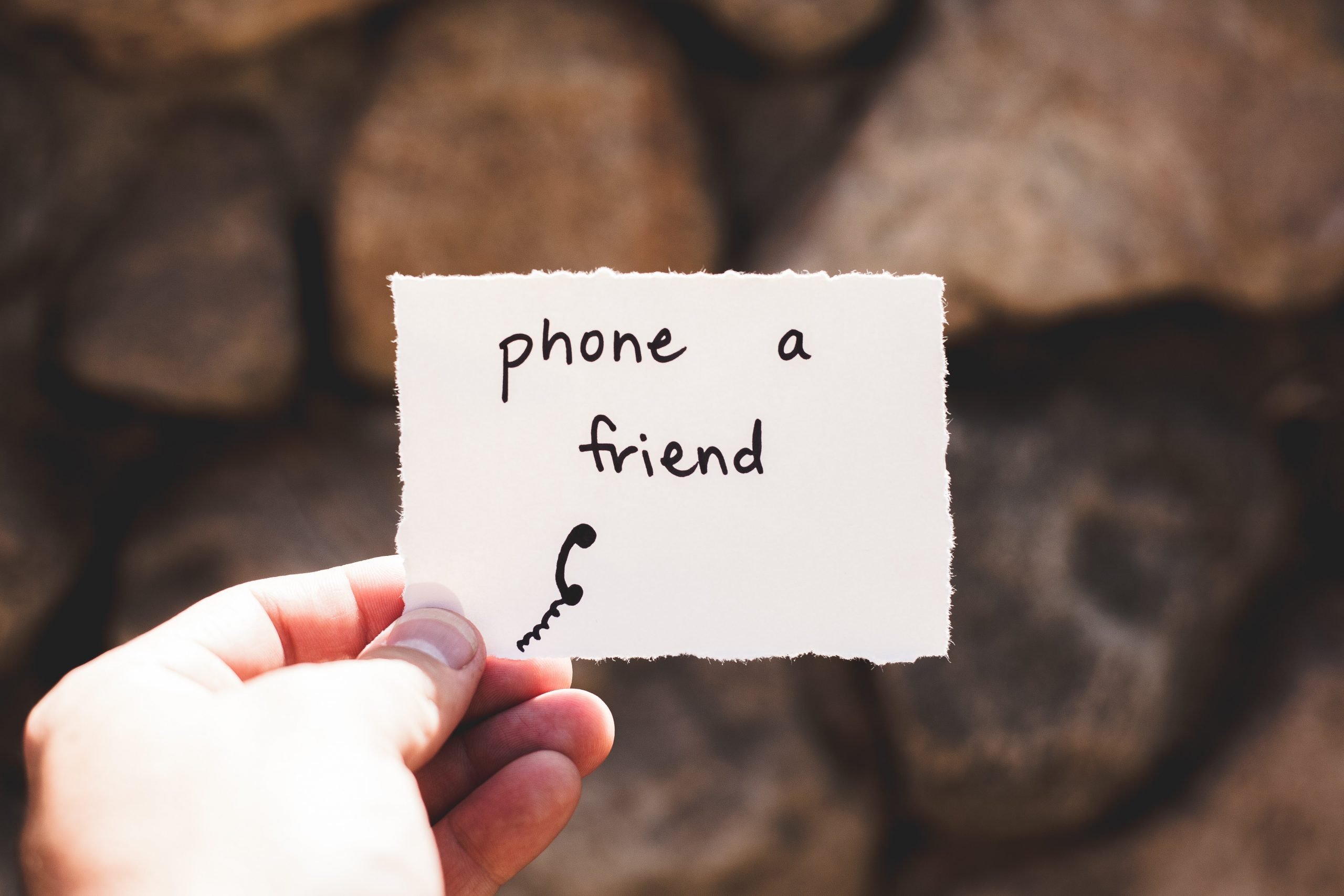
Meditate
Binge-watching every TV show you’ve had on your watch list and reading every single book in your to-read pile (is this the year that finally happens!?) are all great ways to spend your newfound time at home. I, too, am doing these things.
But, don’t forget to give yourself time to turn your brain off. Even though catching up on reading and tv shows is relaxing, you’re still constantly doing something with your brain.
Meditating is something everyone should be (and should definitely have time for now) doing at least twice a day.
- Start with 5 minutes when you wake up and 5 minutes before you go to bed.
- When thing start feeling overwhelming, throw in another 5 minutes. There’s literally no way to over-meditate. It’s amazing what slowing down and focusing on breathing can do for you.
- You can do this on your own or use one of many amazing apps.
Listening to music instead of watching television or movies is also a great option.
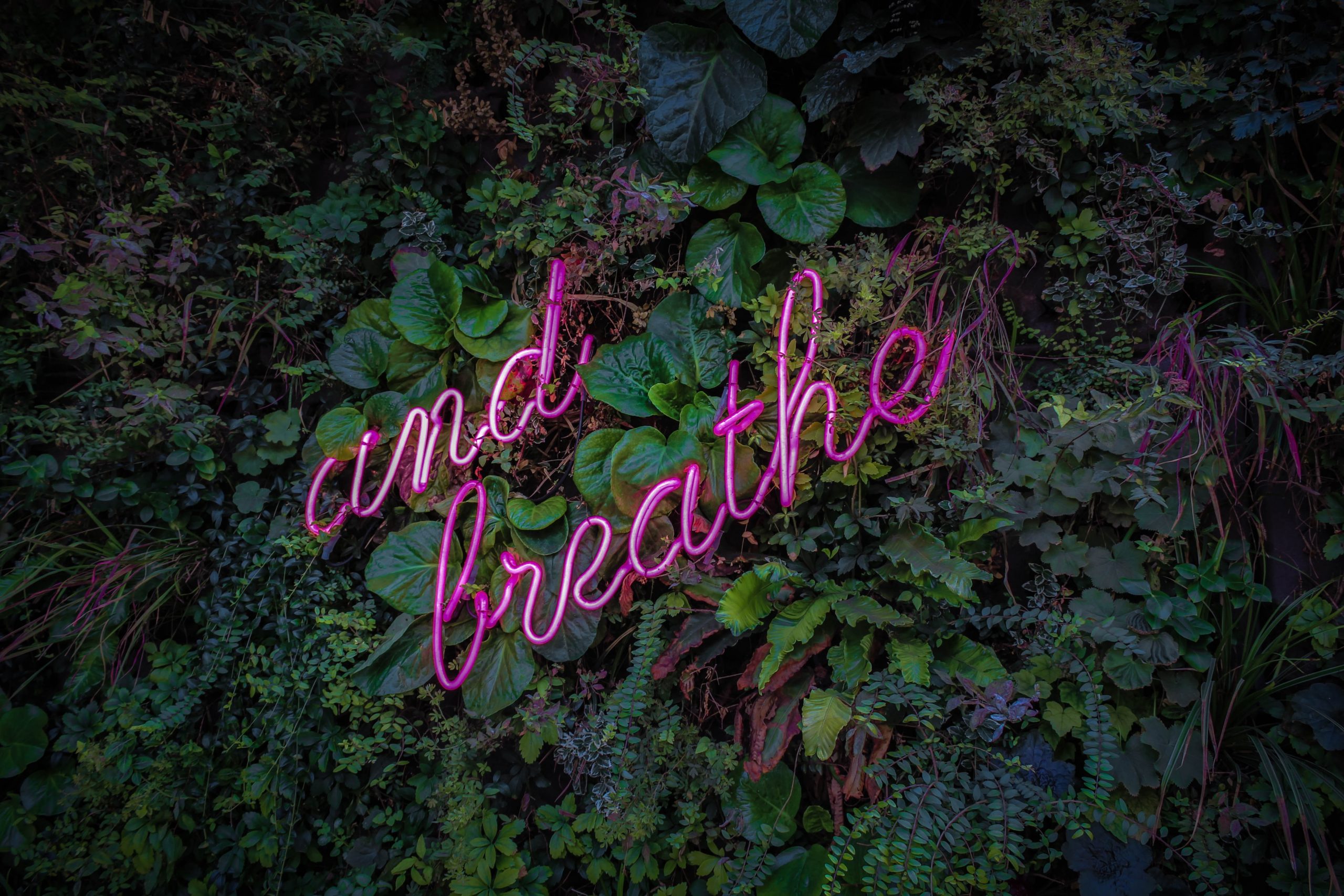
Maintain a Routine
Anxiety makes you feel out of control or is brought on by lack of control. Maintaining a routine can make you feel more in control.
I, for one, am used to working from home and being home a lot, but many are finding themselves in brand new territory.
This in addition to everything else could increase anxiety so make yourself a new routine and stick to it.
If you’re working from home, still act as if you work from the office and stick to set working hours.
If you’re not working, but you’re stuck at home, still set a schedule. And, get specific if you want to.

Help Others
If you’re struggling with mental health and it’s all you can manage to take care of yourself, please just worry about yourself.
However, some may find this newfound extra downtime anxiety-provoking in and of itself. Mix that with the feeling of helplessness and not feeling you can do anything to better the situation is enough to make send some people over the edge.
So, help others.
- Ask elderly neighbors or family members if you can get them anything. Deliver it and leave it on their doorstep so as not to compromise their health. It sounds rude, but it’s not.
- Reach out to your friends and loved ones whom you know to struggle with mental health and or being alone. Schedule Skype/Facetime sessions where you watch the same movies together, or create an online book club, or play board games with one another.
Limit Caffeine and Alcohol
Look, I know there are a lot of jokes about alcohol and self-isolating. But, be careful.
Alcohol is a depressant and likely not going to help especially if you’re already feeling depressed or have depressive tendencies. I urge you to err on the side of caution and avoid alcohol. As someone who is triggered by alcohol after being in a horrible relationship with an abusive alcoholic, I worry what could start as a joke could lead to many drinking problems in the future.
Caffeine is a stimulant and can increase anxiety ten-fold. Consider drinking caffeine-free tea, decaffeinated coffee, or cutting back on your normal amounts of caffeine.
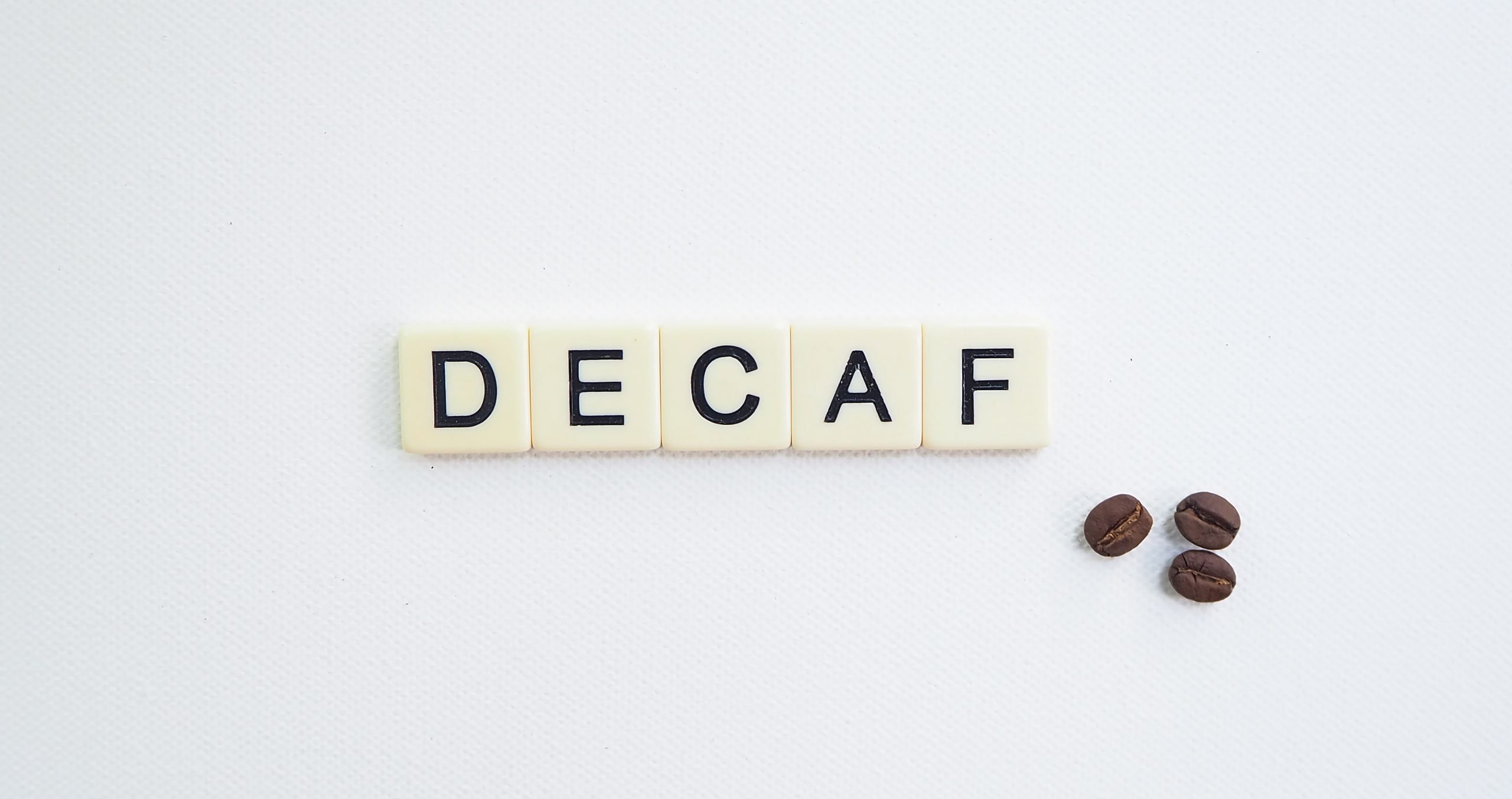
Be Mindful of Those Who Actually Suffer from Anxiety Disorders
Anxiety disorders, including Obsessive-Compulsive Disorder (OCD), are very, very real things.
Many people who do not have these disorders are going to be feeling anxiety. And, that is completely valid.
But, when discussing current events, please be mindful of those that always struggle.
OCD especially is such a misused term and I see that only getting worse and worse. It is insulting to those who actually have OCD to say things like “I’m being so OCD right now” and so on.
“OCD is not a joke,” said McGrath, a member of the Scientific and Clinical Advisory Board of the International OCD Foundation. “It’s not something that’s funny. For people who do have OCD, when they hear people say things like ‘I have a little OCD’ it shows that they don’t understand what the person with OCD is really suffering with.” (source)
Focus on the Positives
It feels like it’s impossible to focus on the positive right now. Or, on the flip side, it feels like humor really helps but then you feel guilty for finding humor in such a dark situation.
I’m the type that is politically correct but also appreciates dark humor. It’s a fine line I walk. But, I need the humor to survive. I find humor in things that I definitely suffer from, especially mental health issues. I think humans, in general, need this.
I think the best way to handle this is:
- Listen and respect. If someone says something offends them, then respect them and stop.
- Realize what really is over the line. Sharing coronavirus memes is probably okay. Making jokes that are making light of deaths associated with COVID-19 is definitely not okay.
Aside from the humor, focus on anything positive. It may feel too soon or wrong to do so, but we all just need to get through this in the best ways we can. So, what are some positives?
- More time spent at home with family. Perhaps you’re used to working 60+ hour weeks or traveling non-stop. Take advantage of this time at home with your family.
- Reduced global emissions. I won’t lie and say I haven’t thought about this several times. This is NOT the way I wanted global emissions to be reduced, but I’m trying to see some silver linings and this is one. “Any time you can avoid getting on a plane, getting in a car or eating animal products, that’s a substantial climate savings.” Many people trying to avoid the coronavirus are already two-thirds of the way there. (source)
- Wildlife trade will hopefully decline. As a vegan, I can’t help but be happy about this. I only wish it didn’t take such an extreme event to open some eyes. And, I’m not naive to think it will stop the wildlife trade, but hopefully, it will dramatically reduce it.
- Getting back to nature. I hope the trend of getting outdoors continues post-coronavirus.
- Acceptance of telecommuting. I’ve long said that many jobs could be done from home which would lead to less overhead costs for businesses and less strain on the environment. Perhaps, all these businesses being forced to have their employees work from home will adopt this permanently.
Don’t be Afraid to Say No
This is one of my biggest problems. I do not know how to tell people no. After being diagnosed with ADHD late in life (33), I realized this is a common trait amongst us. I also could see it being common amongst anxiety sufferers as you worry about letting people down.
If you simply can’t handle anything other than your own mental health right now, THAT. IS. OKAY.
People guilting you into coming out even though you agree that self-isolating is the right thing to do? Say NO.
Learning to tell people no is one of the most empowering things one can ever learn.
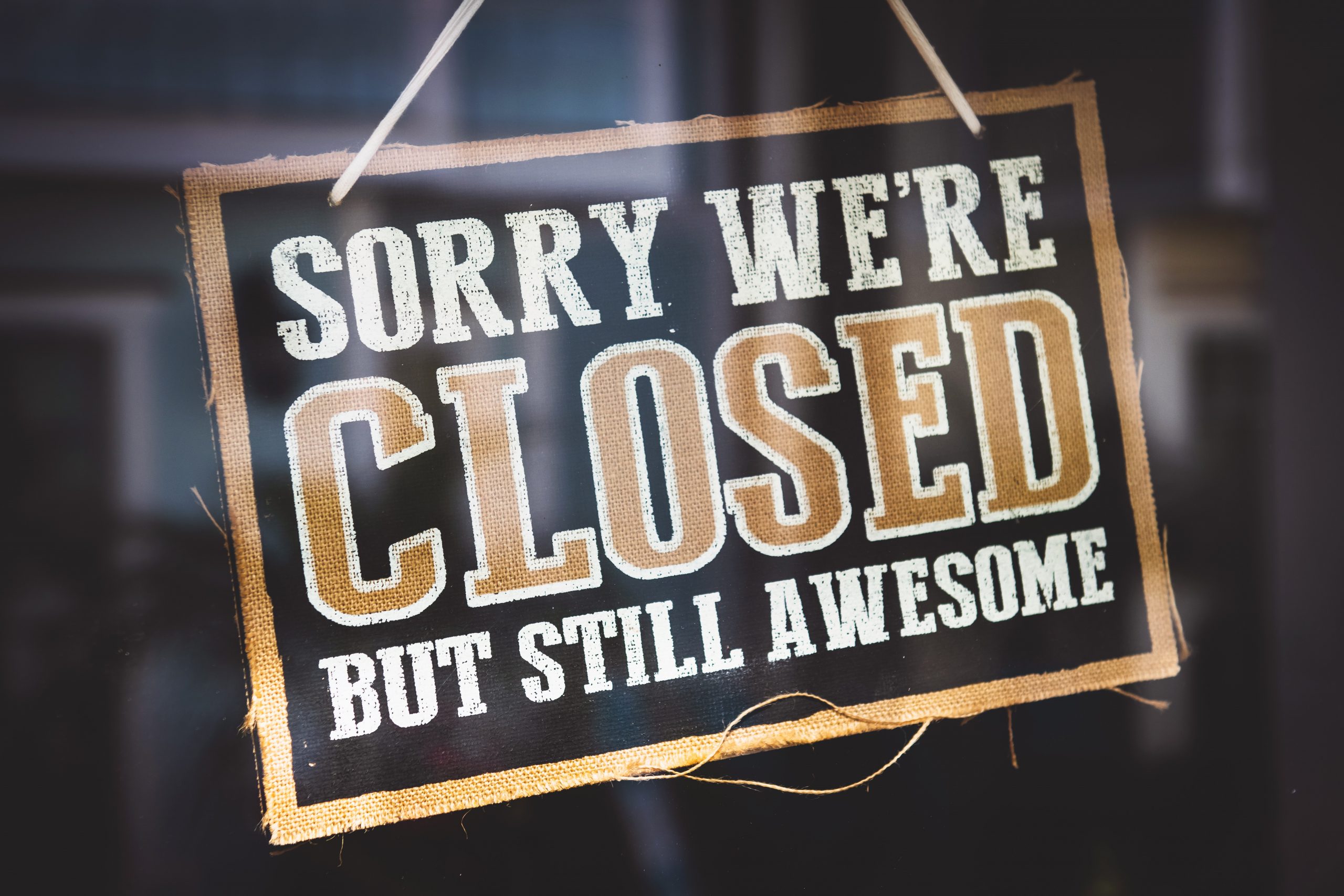
PLANNING A TRIP?
Find accommodation, read accommodation reviews, and check flight prices.
Book attractions, tickets, or guides in advance.
Research using these guides or read my other mental health posts.
See my packing list.
↓↓↓ PIN FOR LATER ↓↓↓
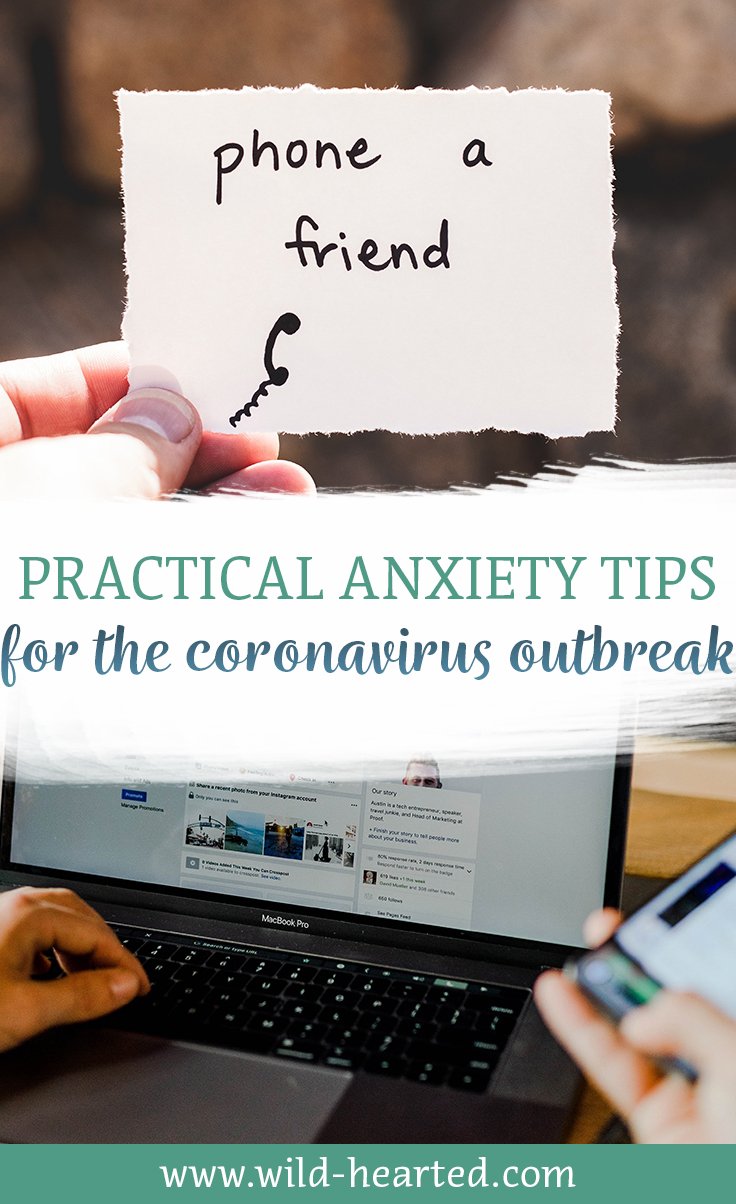
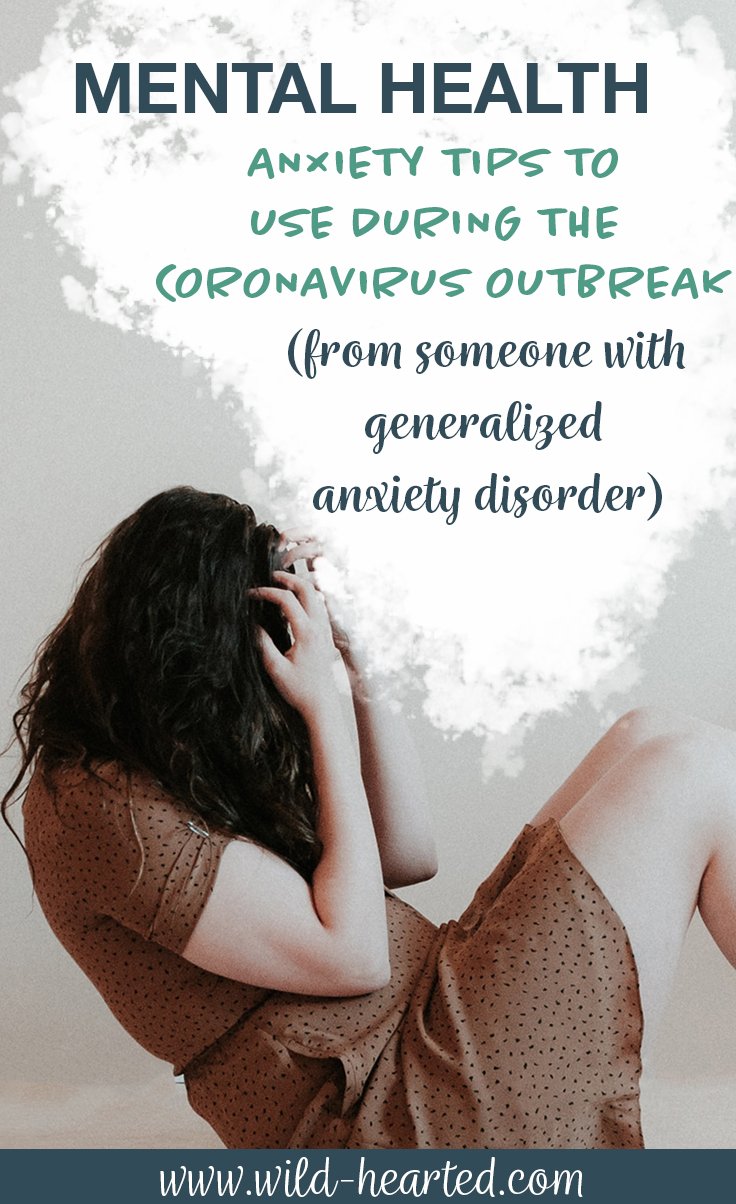
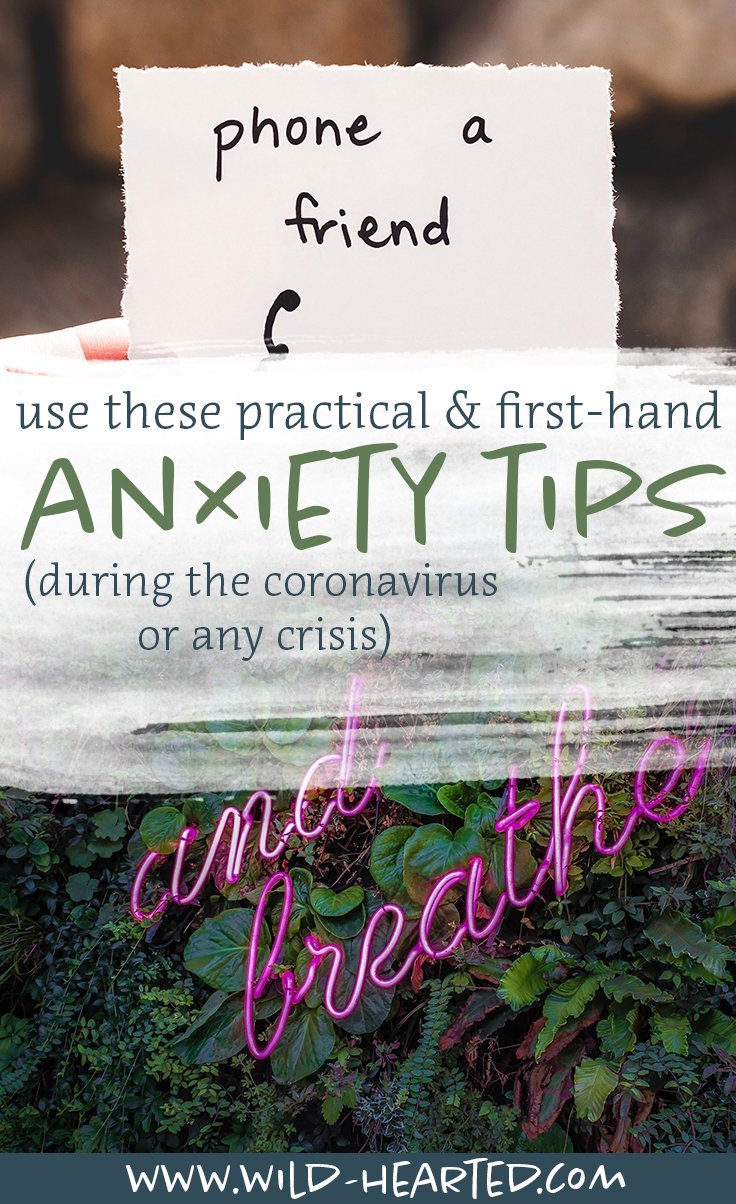
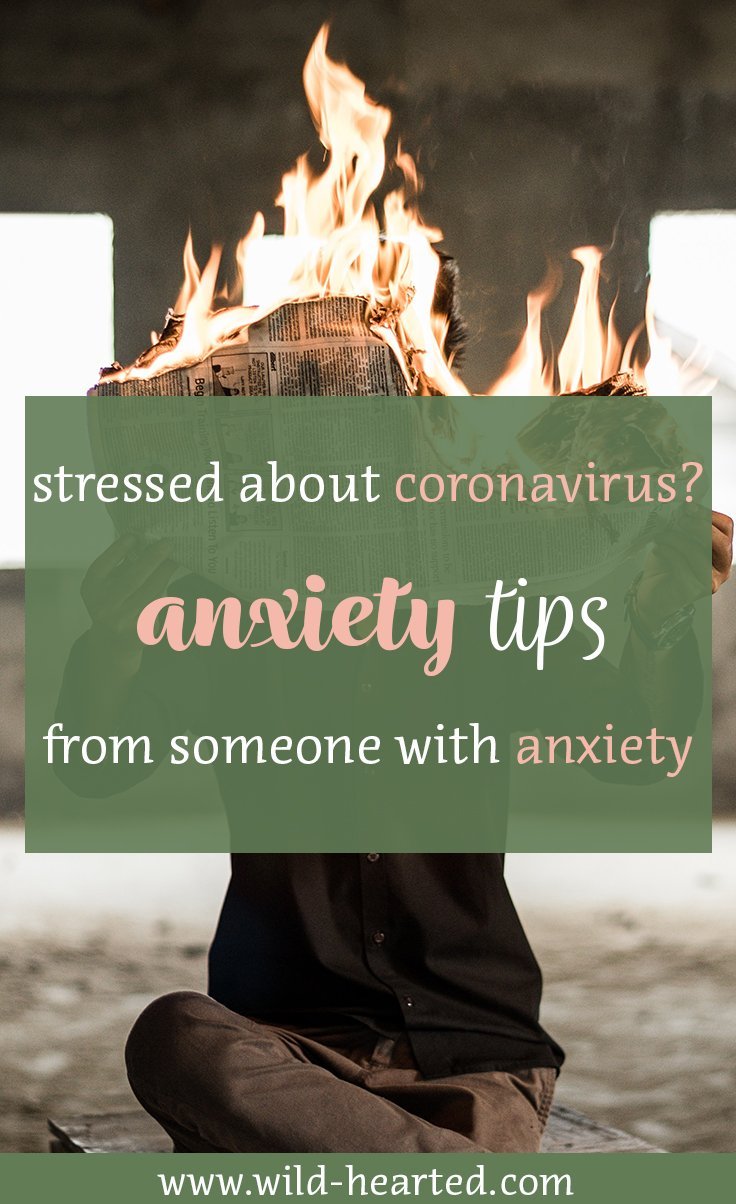
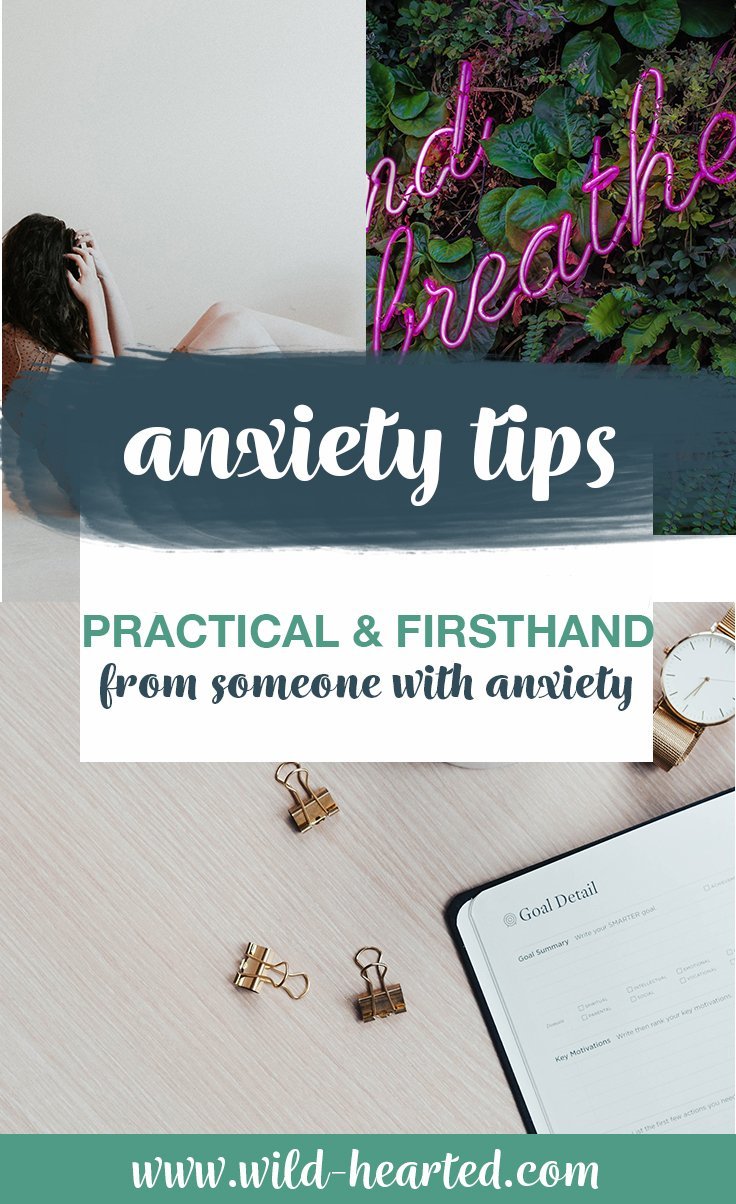
- 9 Weird Things To Do In Dublin, Ireland - April 13, 2024
- 14 Weird Things To Do In Indianapolis, Indiana - April 13, 2024
- Bird Tourism: Getting Started - February 29, 2024


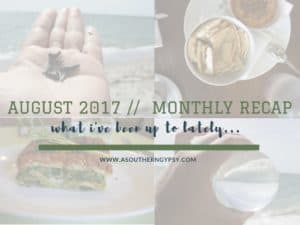
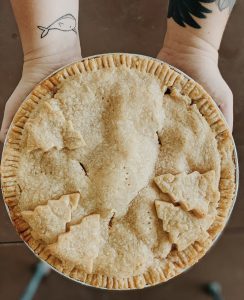

This is such a thoughtful post. We find that going for walks to get fresh air has really helped and being in a routine everyday, even waking up around the same time and going to bed around the same hour each night helps. And having a purpose each day even if it’s tasks we’ve given ourselves besides our jobs!
Fortunately, I am not experiencing any anxiety but I think we are still in the early days of this thing, so I may need this list! I do have friends who are more impacted and I am DEFINITELY going to be passing this awesome list to them, thanks, Ashley!
I could definitely do with limiting caffeine. I had a major flare in my generalized anxiety a couple weeks ago, NOT due to the virus. And now with the virus hitting a lot of the things that were triggering my anxiety were removed because of social distancing / isolation. So I’m weirdly feeling better in some regards than I was before this all escalated. But… still not baseline lol. I will say that walking my own dogs and my neighbor’s dogs is really really helping my mental health right now. Hope you’re doing okay <3
So many people are lost during Corona Virus situation. On my site I’m not complaining. You can do so many things on your site. Also as you mentioned you can help others, make your plan for the future etc.
This is such a great post, Ashley – thank you for sharing. I think the biggest thing is that like you said, we’re all in this together so we have to make sure to reach out and check in on each other. Thank goodness for social media and technology for making that a lot easier! Stay safe!
I think it’s the loss of routine that’s affecting me the most and the loss of validation from work. I know when I go into my office, that I am fulfilling my duty. However, working from home feels different. I just don’t know what that rhythm feels like yet.
I agree with you that limiting our social media consumption is a good thing. The more I go on social media, the more freaked out that I get about the whole situation. Not to say that we shouldn’t be freaked out, but there’s only so much we can do. Going outside is a good idea and something that I need to do more of!